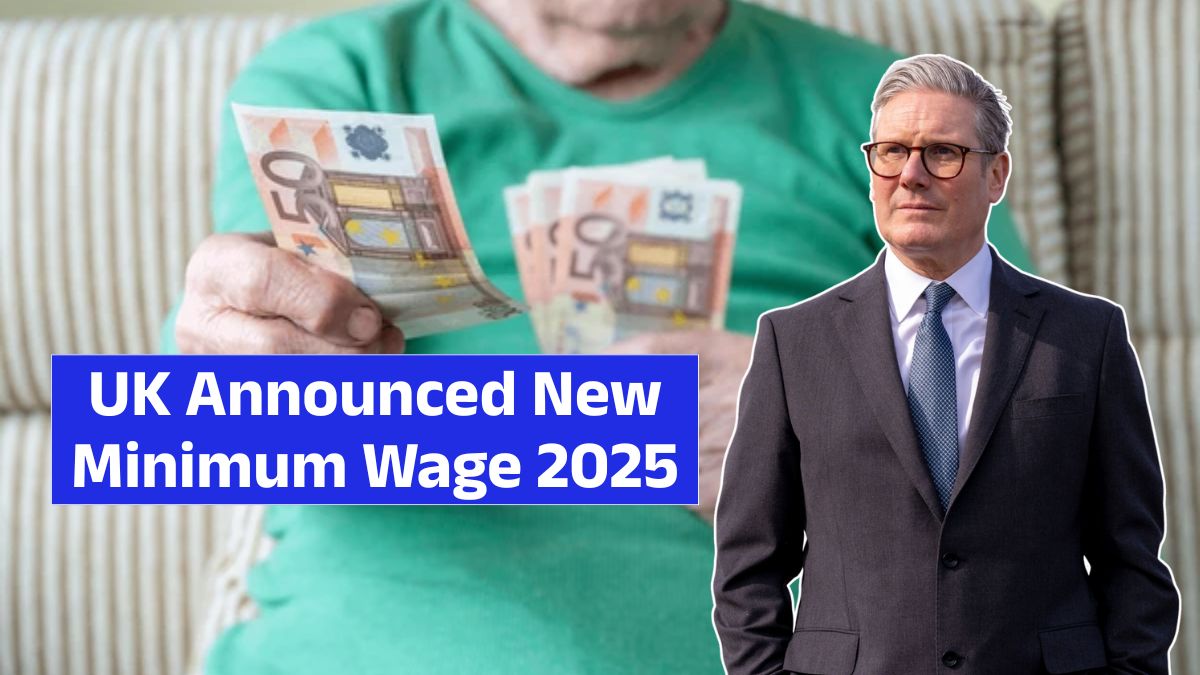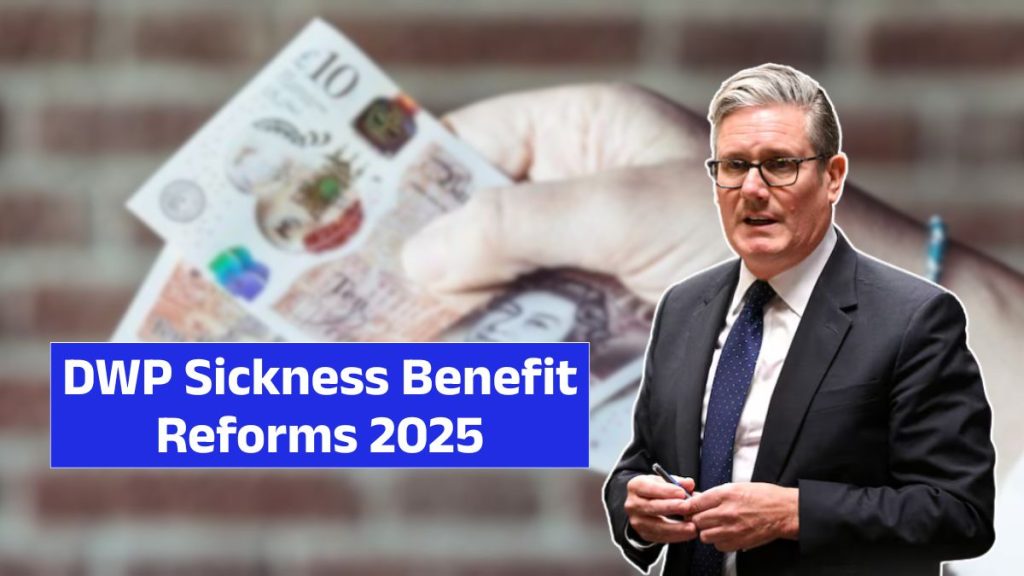The Department for Work and Pensions (DWP) has confirmed a much-anticipated boost for millions of UK pensioners in 2025. Starting in April 2025, State Pension payments will rise by £538 a year, offering some relief to retirees struggling with rising energy bills, food costs, and household expenses.
However, not all pensioners will receive the same increase. The DWP has introduced new eligibility rules that determine who qualifies, how much they will receive, and how the rise interacts with other benefits.
What Is the £538 Boost and Why Is It Happening?

The £538 annual uplift comes as part of the government’s triple lock policy, which guarantees that pensions rise by the highest of:
- Average wage growth
- Inflation rates
- 2.5% minimum increase
For 2025, both wage growth and inflation figures aligned to produce a substantial rise. This means pensioners will see more money in their accounts without needing to reapply or take additional steps.
The increase represents the average yearly gain for those receiving the full new State Pension. Pensioners on the basic State Pension (pre-2016 system) will also see a rise, but the exact amount will depend on individual contribution records.
Who Will Qualify for the Pension Increase?
Eligibility for the full £538 boost is not automatic for all retirees. Key rules include:
- Full New State Pension Recipients – Must have at least 35 years of National Insurance contributions.
- Basic State Pension Recipients – Those who retired under the old system will still receive an uplift, though the amount may vary.
- Partial Contribution Cases – Pensioners with fewer qualifying years may receive less than the full increase.
The DWP will apply the boost automatically to eligible accounts. However, pensioners should ensure their National Insurance records are accurate to avoid missing out.
How Will the New Rules Work in 2025?
From April 2025, the higher rates will take effect. Pensioners who receive payments every four weeks will notice the adjusted amount reflected in their bank accounts.
Key points under the new rules:
- Payments are automatic; no reapplication is required.
- Increases apply across both new and basic State Pension systems.
- The pension boost will not remove eligibility for additional benefits like Pension Credit, Housing Benefit, or Attendance Allowance.
However, as pension income rises, it may slightly alter thresholds for means-tested benefits. Pensioners are advised to review their situation with Age UK, Citizens Advice, or financial advisors.
Why the Boost Matters for Retirees
For many pensioners, the State Pension is their primary or sole source of income. Rising costs of heating, groceries, and council tax have placed unprecedented pressure on older households.
The £538 uplift offers:
- Extra funds for winter heating bills.
- Breathing space for household budgeting.
- A reassurance that the triple lock guarantee remains in place, despite political debates over its future.
This increase is both a financial relief and a symbolic win, showing that the government intends to maintain pension protections.
What Pensioners Should Do Next
Although the increase will be applied automatically, pensioners should take several proactive steps:
- Check National Insurance Records – Ensure there are no gaps that could reduce your entitlement. Voluntary contributions may help.
- Apply for Pension Credit – Thousands of eligible retirees still do not claim this benefit, which tops up income and unlocks extras like free TV licences and council tax discounts.
- Monitor DWP Announcements – Pension rules can change. Staying informed ensures you do not miss future updates.
- Seek Advice – Organisations like Age UK and Citizens Advice can help pensioners navigate benefit changes.
Wider Implications of the £538 Rise
The pension boost demonstrates the government’s ongoing commitment to supporting older citizens. With debates over the affordability of the triple lock continuing, this rise signals that the State Pension remains a cornerstone of retirement security in the UK.
It also highlights the balancing act between supporting pensioners and managing government spending. With the ageing population growing, future pension policies will likely face even greater scrutiny.
FAQs – £538 Pension Boost 2025
Q1. Who will get the full £538 pension increase in 2025?
Pensioners entitled to the full new State Pension with 35 years of National Insurance contributions will receive the full boost.
Q2. Will those on the basic State Pension also benefit?
Yes. Pensioners on the basic State Pension will see an increase, though the exact amount depends on their contribution record.
Q3. When will the new rates take effect?
The increase begins in April 2025, with payments adjusted automatically.
Q4. Do pensioners need to apply to get the boost?
No. Payments will be applied automatically, but pensioners should ensure their National Insurance records are accurate.
Q5. Will the increase affect other benefits?
The boost will not directly affect eligibility for Pension Credit, Housing Benefit, or Attendance Allowance, but it could slightly impact means-tested thresholds.












